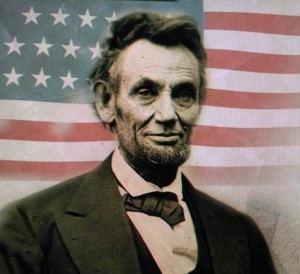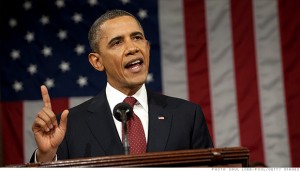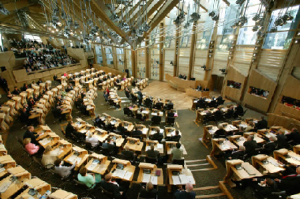 Presidents are many things. Many held some form of office before taking their spot in the Oval Office so they are best known as politicians, but they are much more than that. Each president had a prominent career prior to campaigning for office. A lot of presidents, such as Obama, Ford, Roosevelt, were all lawyers before their presidency; as were Adams, Madison, and Jefferson when you look way back. Quite a few were members of the Military and a few were teachers. Some had very unique jobs, like Reagan who was a movie actor, too. Among the former presidents, there are successful entrepreneurs and business owners as well. Find out more about their business ventures below:
Presidents are many things. Many held some form of office before taking their spot in the Oval Office so they are best known as politicians, but they are much more than that. Each president had a prominent career prior to campaigning for office. A lot of presidents, such as Obama, Ford, Roosevelt, were all lawyers before their presidency; as were Adams, Madison, and Jefferson when you look way back. Quite a few were members of the Military and a few were teachers. Some had very unique jobs, like Reagan who was a movie actor, too. Among the former presidents, there are successful entrepreneurs and business owners as well. Find out more about their business ventures below:
George W. Bush (2001 to 2009)
Bush is well-known for being an oil executive, but that wasn’t his best business move. In 1989, Bush bought a share of the Texas Rangers, the Major League Baseball team, for $800,000. During his time as a managing general partner, Bush could often be found sitting in the stands with fans at the games. He later sold his share of the team for $15 million in 1998. Bush can still be spotted at games from time-to-time.
Jimmy Carter (1977 to 1981)
After his father’s death, Carter resigned from the Navy to return home and save his family’s peanut farm. Turning the farm around was a team effort. Carter learned about agriculture through a local library while his wife, Rosalynn, studied up on accounting to look over the financials. In the first year, the duo managed to break even and continued on to make the peanut farm extremely successful.
Abraham Lincoln (1861 to 1865)
Lincoln is remembered as the president who led the United States through the Civil War. While it was one of his many successes, he was also an extremely successful business man. He dabbled in a variety of industries before stepping into politics. First, Lincoln was a shareholder of a general store in Illinois. Later, he ran a law practice after teaching himself law. Lincoln also created a device used to lift riverboats over sandbars.
This post provided by a guest contributor from Michigan State University Executive Education, offering programs to help business executives enhance their careers.


 The University of St. Andrews has spent many years collecting and cataloging all of the Parliamentary proceedings from centuries past. This searchable internet database is being made freely available to the public for further research and perusal. I applaud the efforts of these initial researchers and thank them for their service in preserving our Scottish history. Huzzah to you, gentlemen!
The University of St. Andrews has spent many years collecting and cataloging all of the Parliamentary proceedings from centuries past. This searchable internet database is being made freely available to the public for further research and perusal. I applaud the efforts of these initial researchers and thank them for their service in preserving our Scottish history. Huzzah to you, gentlemen! I was informed recently that a great parliamentary member has passed on. Helen Eadie served as a Scottish Labor MSP beginning in 1999. The Presiding Officer of Parliament, the Rt Hon Tricia Marwick MSP, said: “Helen was a kind, hard-working Member of our Parliament who was devoted to her constituents.”
I was informed recently that a great parliamentary member has passed on. Helen Eadie served as a Scottish Labor MSP beginning in 1999. The Presiding Officer of Parliament, the Rt Hon Tricia Marwick MSP, said: “Helen was a kind, hard-working Member of our Parliament who was devoted to her constituents.”